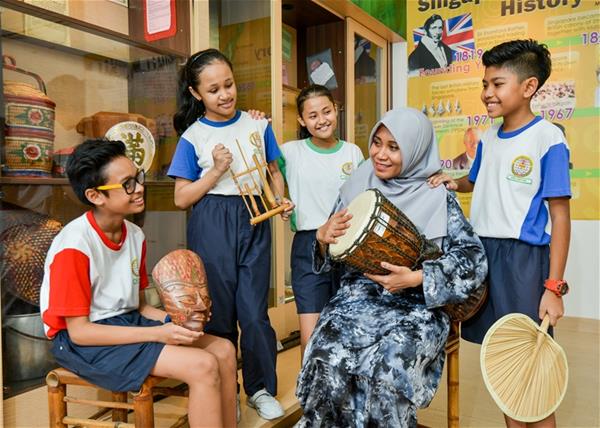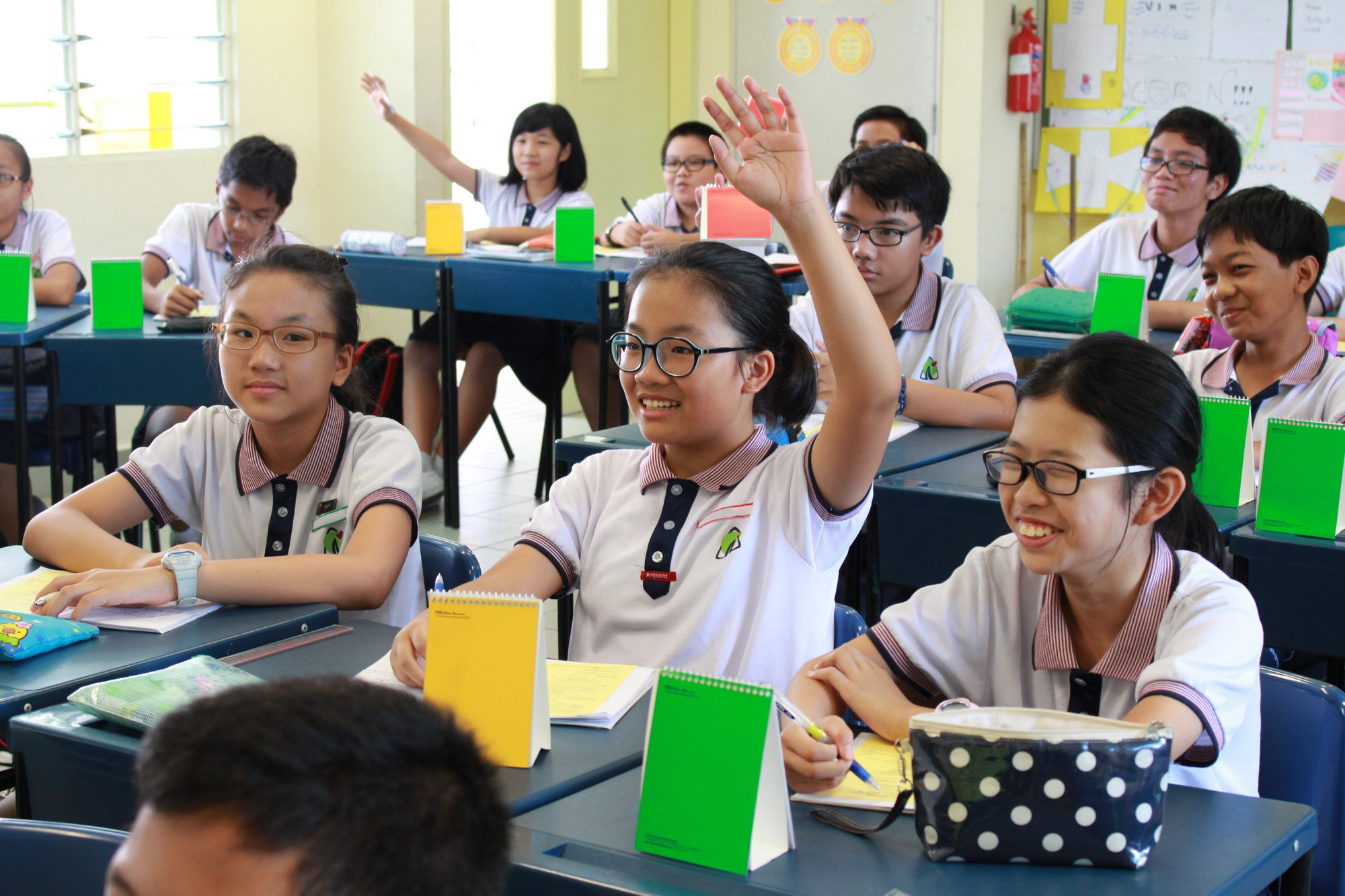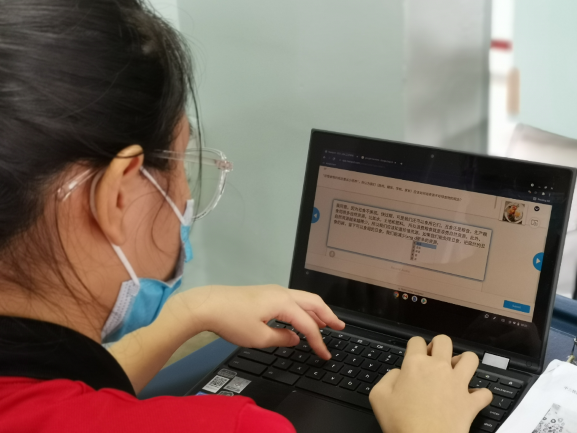Out of the Classroom and Into the World
01 Sep 2016

Juliana Bte Johari loves the Malay language. Her students love technology. Their decision to share their interests is breathing new life into the teaching of Malay and creating experiences that are spilling out of the classroom.
Juliana Bte Johari, Qihua Primary School, President’s Awards for Teachers 2016 recipient
Her Malay classes are action-packed as Juliana is determined to do what it takes to make her students understand that Malay is a living, breathing language whose power extends far beyond the classroom.
An idea that was a great hit with her students was her decision to invite radio presenters from Mediacorp to teach students communication skills as part of the school’s Mother Tongue Language (MTL) Fortnight activity. The students experienced what it was like to be a DJ and learnt to provide commentaries in Malay.
“They saw that the language had a life outside of the classroom and it could be used as part of a profession,” Juliana says. “And with a celebrity present, they saw the language as more hip, more fun.”
Embracing technology
Juliana is always looking for ways to engage her students, and she realised that technology may hold the key. She says, “I want my students to learn well and also enjoy the class, and it’s obvious that technology and gadgets have a way with them. They’re digital natives.”
So, on any given day, her students could be on an e-Jejak (e-trail) around the campus quizzing canteen stallholders, in Malay of course, on why they don’t use coconut milk in the food and communicating with their teachers through laptops and mobile phones. e-Jejak was developed by a team of teachers, led by Juliana, to infuse technology into Malay lessons.
On another occasion, they could be blogging about controversial issues, such as the negative effects of the Internet and mobile devices on children. More comfortable with using English than Malay in such situations, her students would initially struggle to type, says Juliana, but their desire to get their point across would win the day and they become increasingly vocal, finding out the Malay terms that they want to use.
Podcasting is also used to help students in the foundation class improve their oral skills. Juliana gets students to record commentaries of school events and conversations with each other, hence harnessing technology to encourage students to speak Malay, hone their pronunciation and boost self-confidence. She even uses WhatsApp to check her students’ readiness for exams. “Sometimes I get them to record their reading for oral and send it to me.”
Not surprisingly, confidence levels of students rose, and so did their oral marks.
The desire to help
Confidence is key and when her students face difficult circumstances, Juliana encourages them by sharing her life experience. “I come from a poor family. Sometimes, our electricity would get cut off and I would have to do my homework in the corridor late into the night, so that my neighbours wouldn’t notice… because I felt embarrassed.”
She tries to change the mindset of students who feel they can’t excel because she, too, has gone through the experience of being told that she was “poor, not smart and couldn’t succeed”. “I want them to see that they can change their lives. This hardship will help to build their character.”
Juliana says that her biggest challenge is seeing her students in emotional pain. Two students lost their mother, another lost their father. “How do you protect them? There should be a way for me to help them more.”
Juliana had always wanted a career that enabled her to help others. Though she seems so comfortable in the realm of education, her initial dream had been to join the Prison Service, be a paramedic or a police officer. But by the time she was called for her second interview with the Prison Service, she was already in love with being a teacher. “I felt that there was a role for me to play here. I didn’t have to be in a uniformed group to help others.”
Going by the number of ex-students who visit her, sometimes bringing tokens of appreciation like a heart-shaped epok epok (curry puff), it’s obvious the difference she has made in their lives.
Looking back on her 15 years as a teacher, she says, “I still remember my first batch of students. I remember Aik How because he was very special. He had really thick glasses. Now he’s a teacher. That was my first class; my first love…”

.jpg)
.jpg)
.jpg)

